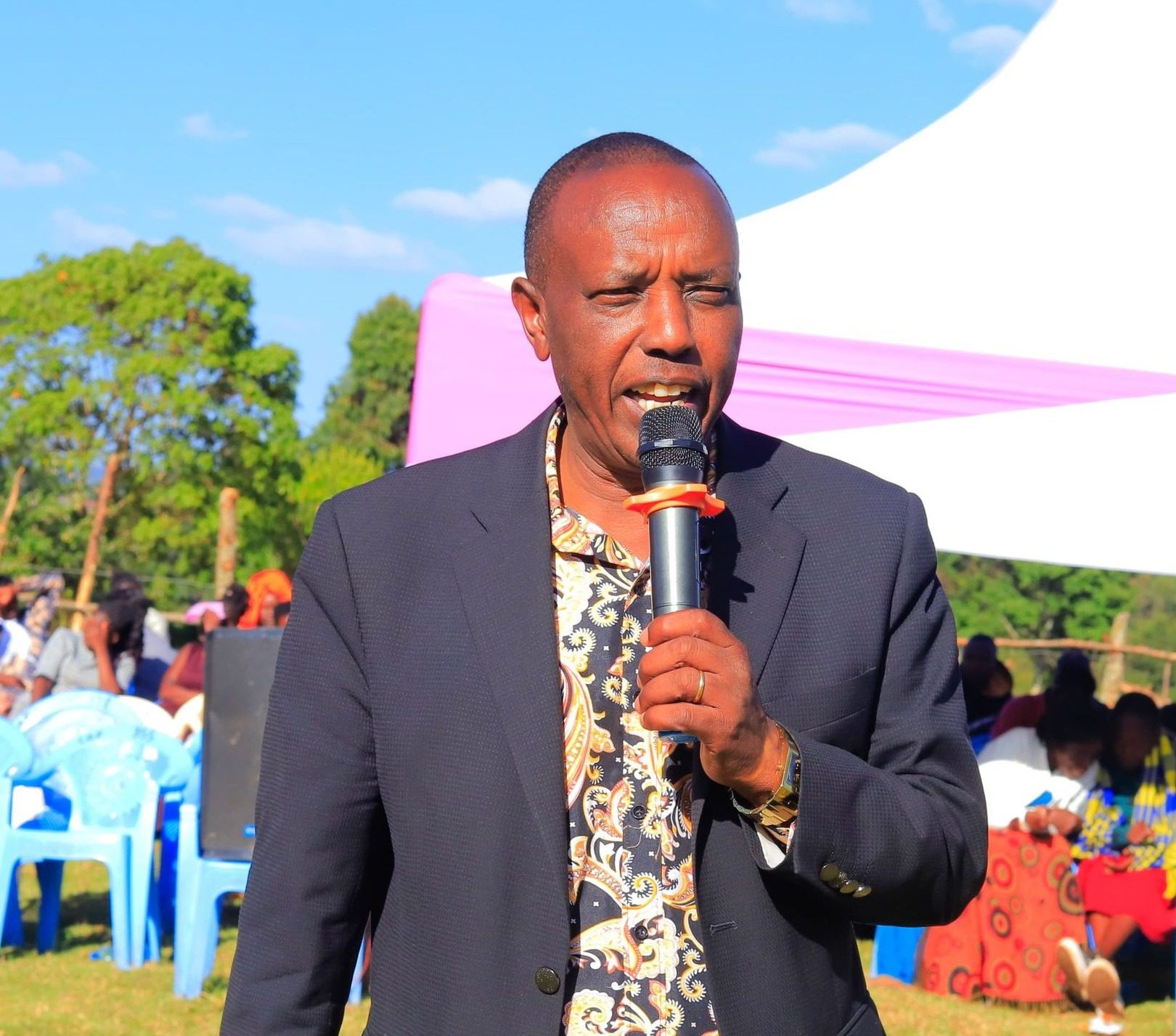The First Lady of Kakamega County Janet Barasa has highlighted menstrual poverty as a significant factor contributing to the high rate of teenage pregnancy in Kakamega and Bungoma counties.
She pointed out that many young girls lack access to proper menstrual kits, leaving them vulnerable during their monthly cycles.
Consequently, they often face shame from classmates, teachers, and their community when they stain their clothes.
“While teenage pregnancies can stem from various factors such as defilement, rape, poverty, and lack of information, in Kakamega and Bungoma, menstrual poverty stands out as a primary driver of these pregnancies,” Mrs. Barasa emphasized.
She further noted, “When girls don’t receive assistance at home, they become susceptible to exploitation by boda boda riders, teachers, and young men. These individuals offer money for sanitary towels and essentials, leading to unwanted pregnancies and, in some cases, infections.”
Speaking at the launch of the ‘I Care about Her’ campaign by the Forum for African Women Educationalists (FAWE) in Bungoma on Saturday, Mrs. Barasa stressed the importance of collaboration among stakeholders to create safe spaces for young girls to flourish.
She said that the campaign aims to engage young men and boys in efforts to reduce teenage pregnancies in the region.
The first lady cited alarming statistics, revealing that each year, approximately 21 million teenagers in developing countries become pregnant, with 10 million of those pregnancies resulting from rape or defilement.
Moreover, 12 million of these pregnancies involve girls aged 15 to 19, and the remaining cases concern girls under 15 years old.
Kenya Health Information System (KHIS) data indicates that in 2022, there were 12,057 reported teenage pregnancies in Kakamega County, and Bungoma County recorded 12,095 cases.
She said that both Bungoma and Kakamega counties are among the top five in terms of high numbers of teenage pregnancies and Sexual and Gender-Based Violence (SGBV), underscoring the urgency to take action to reduce these figures and protect girls.
However, she called upon stakeholders to initiate community programs led by men to educate adolescent boys about responsible manhood.
She also advocated for active efforts to challenge harmful social-cultural norms that perpetuate teenage pregnancies and child marriages.
Teresa Atieno, CEO of FAWE Kenya, highlighted the significance of the ‘I Care about Her’ campaign in breaking down barriers to girls’ education, particularly concerning teenage pregnancy and child marriage in the western region.
She emphasized that the campaign aims to involve boys and men in advocating for girls’ education and ensuring that girls who drop out of school can still access education.
Expressing concern about the rising cases of incest and defilement in Bungoma and Kakamega counties, Atieno stated that further advocacy efforts would be carried out in collaboration with the county governments, Ministry of Health and Ministry of Education.
“It is a shame fathers are now turning to their daughters and impregnating them. We receive so many cases of this nature and it is high time we address this menace,” she said.
Currently, FAWE Kenya operates in 20 counties, addressing issues affecting girls and providing empowerment to teenage mothers.
Also present was Bungoma County Teachers Service Commission (TSC) director Wilson Koros among other Education stakeholders.
By Tony Wafula
Get more stories from our website: Education News
To write to us or offer feedback, you can reach us through: editor@educationnews.
You can also follow our social media pages on Twitter: Education News KE and Facebook: Education News Newspaper For timely updates.






